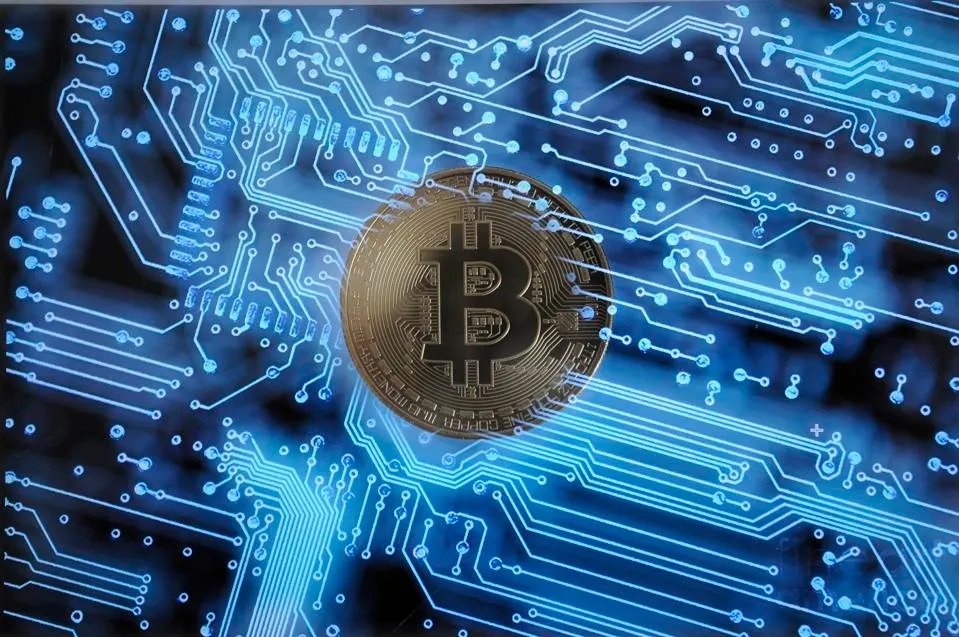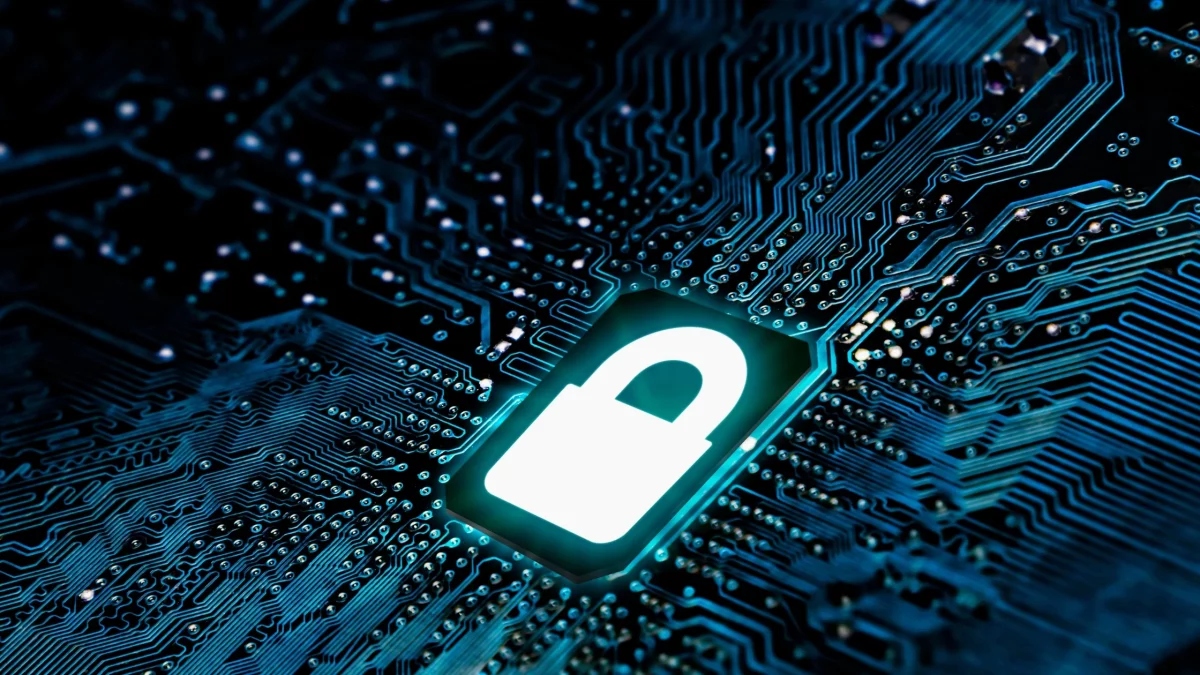Bitcoin Security Best Practices - Protecting Your Crypto Investments
Explore top-tier strategies for safeguarding your Bitcoin investments. Master Bitcoin security best practices to protect your crypto assets effectively.
Author:James PierceReviewer:Camilo WoodFeb 06, 202433 Shares33.4K Views

Ensuring the security of your Bitcoin holdings is paramount in the world of cryptocurrency. With the increasing prevalence of cyber threats and scams, adopting Bitcoin security best practices is crucial to safeguarding your assets.
Due to a general decline in public confidence in cryptocurrency exchanges, the concept of bitcoinBTC 0.0% self-custody has gained enormous traction.
Instead of giving a custodian third party (such as exchange platforms or online digital wallet services) complete authority over the private keys needed to access their cryptocurrency, people who use self-custody maintain total control over such keys. In 2022, cryptocurrency hackers stole $3.8 billion, so users want to feel safer than ever.
Moving cryptocurrencies away from linked wallets and trading platforms does not, however, guarantee that your assets are secure. The custody of bitcoin is not as simple as "online or offline" storage, which seems binary.
Here's an in-depth guide on Bitcoin security best practices:
Understand The Basics
Before delving into security measures, it's essential to understand the basics of Bitcoin. Familiarize yourself with terms like private keys, public keys, wallets, and blockchain technology. A solid understanding of these fundamentals will empower you to implement effective security practices.
Use Online Services With Caution
Any business that is intended to store your money online should be avoided. In the past, a number of exchanges and online wallets experienced security breaches; typically, these services still lack sufficient insurance and security to be utilized as a bank for storing money. As a result, you may want to employ several kinds of Bitcoin wallets. If not, you should be extremely cautious while selecting these services. It's also advised to use two-factor authentication.
Choose A Secure Wallet
Selecting the right wallet is the foundation of Bitcoin security. Consider using a hardware wallet, also known as cold storage, for the highest level of protection. Hardware wallets keep your private keys offline, making them immune to online hacking attempts.
Backup Your Wallet
Regardless of the type of wallet you choose, always create secure backups. This could involve writing down your recovery seed phrase or storing encrypted backups in multiple physical locations. In the event of a device failure or loss, these backups are crucial for recovering your funds.
Many concealed private keys are used internally by certain wallets. You might not be able to retrieve a significant portion of your funds with your backup if all you have is a backup of the private keys for your visible Bitcoin addresses.
Update Your Software Regularly
Bitcoin software, including wallets and exchanges, is continually evolving to address security vulnerabilities. Regularly update your software to ensure you have the latest security patches and features. This practice minimizes the risk of falling victim to known exploits.
Installing the most recent version of your Bitcoin software enables you to take advantage of significant security and stability updates.
Updates can help keep your wallet safe, add new, helpful features, and prevent issues of varying severity. Maintaining the security of your wallet environment also requires you to install updates for any other software on your PC or mobile device.
Enable Two-Factor Authentication (2FA)
Enable 2FA wherever possible, especially on your exchange accounts and wallets. Two-factor authentication requires a second form of verification, typically a code sent to your mobile device. This extra layer significantly enhances the security of your accounts.
Use Reputable Exchanges
When trading or purchasing Bitcoin on an exchange, choose reputable platforms with a track record of security. Research the exchange's history, user reviews, and security features. Popular and reliable exchanges include Coinbase, Binance, and Kraken.
Beware Of Phishing Attempts
Phishing remains a common threat in the cryptocurrency space. Be cautious of phishing websites and emails attempting to trick you into revealing your private keys or login credentials. Always verify the legitimacy of URLs and double-check the authenticity of communications.
Secure Your Private Keys
Your private keys are the keys to your Bitcoin holdings. Keep them confidential and never share them with anyone. Be wary of online services or individuals requesting your private keys, as this is a common tactic used by scammers.
Diversify Your Investments
Avoid putting all your Bitcoin holdings in one place. Diversify your investments across multiple wallets and exchanges. This strategy, known as portfolio diversification, helps minimize the impact of a security breach on your overall holdings.
Educate Yourself About Scams
Stay informed about common scams in the cryptocurrency space. Be skeptical of offers that seem too good to be true and avoid investing in schemes promising guaranteed returns. Educating yourself about potential risks will help you make informed decisions.
Regularly Check Your Accounts
Frequently review your exchange and wallet accounts for any unauthorized or suspicious activity. Promptly address any anomalies and report them to the platform's support team. Regular monitoring is essential for detecting potential security breaches early.
Use A VPN For Additional Security
Consider using a Virtual Private Network (VPN) when accessing your Bitcoin-related accounts online. A VPN encrypts your internet connection, adding an extra layer of security and protecting your online activity from potential threats.
Employ Physical Security Measures
If you use a hardware wallet, consider implementing physical security measures. Store it in a safe and secure location, such as a safe deposit box, to protect it from theft or damage. Treat your hardware wallet like you would treat valuable physical assets.
Keep Personal Information Private
Be mindful of the personal information you share online. Limit the exposure of details that could potentially be used in social engineering attacks. Avoid oversharing on social media platforms about your cryptocurrency holdings or transactions.
Prepare For Inheritance
Consider the future of your Bitcoin holdings and establish a clear succession plan. Share necessary information about accessing your Bitcoin with trusted family members or legal representatives to ensure your assets are secure in case of unforeseen circumstances.
Bitcoin Security Best Practices - FAQs
How Can I Make Bitcoin Safer?
- Use internet services with caution.
- little quantities for regular usage.
- Make a wallet backup. Make a complete wallet backup.
- Make sure your wallet is encrypted. Keep your password safe at all times.
- Wallet offline for financial purposes.
- Update your program frequently.
- Multiple signatures to thwart identity theft.
- Consider your testimonies.
What Is The Best Security For Bitcoin?
- Use 2FA for two-factor authentication on your exchange and wallets.
- Take money out of your exchange and deposit it into a wallet.
- Put your wallet's seed words on paper, but be sure to keep it somewhere safe.
- Always use secure passwords.
Why Is Cold Storage Recommended For Bitcoin Wallets?
Cold storage, like hardware wallets, keeps private keys offline, providing superior protection against online hacking attempts.
What Are The Essential Steps For Securing A Bitcoin Wallet?
Secure your wallet by creating backups, enabling 2FA, updating software regularly, and keeping private keys confidential.
What Should I Consider When Choosing A Bitcoin Exchange?
Consider the exchange's reputation, security features, user reviews, and compliance with regulatory standards when selecting a platform.
Conclusion
Securing your Bitcoin requires a combination of technological awareness, due diligence, and proactive measures. By following these Bitcoin security best practices, you can significantly reduce the risk of falling victim to security threats and enjoy a more secure and confident experience in the cryptocurrency space. Remember, the responsibility for securing your Bitcoin ultimately rests with you, and staying vigilant is key to long-term success.
Jump to
Understand The Basics
Use Online Services With Caution
Choose A Secure Wallet
Backup Your Wallet
Update Your Software Regularly
Enable Two-Factor Authentication (2FA)
Use Reputable Exchanges
Beware Of Phishing Attempts
Secure Your Private Keys
Diversify Your Investments
Educate Yourself About Scams
Regularly Check Your Accounts
Use A VPN For Additional Security
Employ Physical Security Measures
Keep Personal Information Private
Prepare For Inheritance
Bitcoin Security Best Practices - FAQs
Conclusion

James Pierce
Author

Camilo Wood
Reviewer
Latest Articles
Popular Articles

